Author: Rebecca Pena.
The Truth About Lying

O you who believe! Be afraid of Allah, and be with those who are true (in word and deeds).
[al-Tawbah 9:119]
As children we are taught not to lie. That lying is one of the greatest sins that comes with severe consequences and punishment. We were told that although we could hide things from our parents, nothing could nor can be hidden from Allah. He hears, sees and knows everything that we say and do. Nevertheless we grow up knowing that lying is wrong, but in some cases maybe not. We often hear the phrase “honesty is the best policy.” On the flip side we are also told that it is at times okay to bend the truth a little, sometimes. For example, someone prepares a meal that is not to our liking. We wouldn’t come out and tell them how awful it was, instead we may say that it was delicious and say thank you. Is this necessarily wrong? Is it okay to lie in order to spare someone’s feelings?
“…Indeed, Allah does not guide he who is a liar and [confirmed] disbeliever.” [Quran 39:3]
Big or Small/ Black or White
We have often heard people say that they have told a little white lie. This usually indicates something like what I mentioned above. When someone invites us to a gathering and we just don’t have the energy to go, we might say that we have a previous engagement.When we really do not. No big deal right? No harm, no foul and no one is hurt. Right? The term little white lie is used to define a lie where no one gets hurt, and “big” lies are usually lies that involve one or more parties getting hurt. We convince ourselves that these small lies are okay. We justify them, especially because no one really gets hurt. It is the people who tell the “bigger” lies who truly have bad motives and intentions. They are the ones who set out to hurt others, therefore they are really the ones who need to watch out. I personally feel that there is no justification for lying, rather we should learn to speak kindly in those situations where we feel we cant be entirely truthful. We can be truthful, we just need to find the right words. Society allows us to categorize lies, good, bad, big, small, black, white. The truth is a lie is a lie and it is wrong. People lie with the intent to deceive another person.
Lie: to make an untrue statement with intent to deceive. Webster dictionary
“O you who have believed! Fear Allah and speak words of appropriate justice.” [Quran 33:70]
Friends and Family
How many times have we found ourselves in situations where we have had to tell little white lies. A close friend asks how she looks in a certain outfit and in order to not hurt her feelings, you tell her that she looks great, when maybe she doesn’t. Or that one family member calls and you tell them that you were just on your way out the door, just to avoid getting stuck on the phone for an hour. Or what about when we embellish a little on our resume? I mean we are qualified for the job, but sometimes having that little extra sparkle helps get that little increase in pay right? The lines between white lies and more malicious lies have become very blurred. The truth however is that our friend may go out in her outfit and have others tell her that her outfit is not as nice as she thought. Or was told. Now she is embarrassed. Our family member may have really needed some help but because of our little white lie they were unable to get it. Lastly, while we were bending the truth on that resume, just a little, maybe someone with those credentials who really needed that job missed out. But wait, I thought that little white lies were harmless, no one gets hurt.
Prophet Muhammad said:
“Indeed, truth leads to virtue and virtue leads to Paradise, and a truthful person continues to speak the truth until he becomes the most truthful person. Lies lead to evil and evil leads to Hell, and a liar continues to lie until he is listed as a high ranking liar before Allah.” [Al-Bukhari]
Spouses
One of the principal foundations of our marriage is trust. Trust is something that is easily broken, but can take a lifetime to repair. Some will say that it is okay for a husband to lie to his wife in order to please her or make her happy. For example, there are times when I may be trying a new recipe and ask my husband to be the taste tester. He will tell me if it is good or not, and honestly I would rather him tell me truthfully than lie to me. Even if he did not like it, and his heart was in the right place, I would still rather hear the truth with kind words, rather than a lie. However, I can see one overlooking this sort of lie. After all, we do not want to hurt our spouse.
And (what means): “…And do not conceal testimony, for whoever conceals it – his heart is indeed sinful….” [Quran 2:283]
At times it may seem easy to overlook or allow these lies. Because they don’t involve infidelity or cause pain to our spouse, it doesn’t seem so bad. Research shows that telling small lies and getting away with it makes it easier to tell bigger lies. Lying and or withholding the truth destroys relationships. The relationship that we have with our spouse is in my opinion the second most important relationship that we should grow and nurture. The first being with Allah subhanahu wa ta ala. It is one that we should take very special care of, and never take the risk of compromising it by lying. There should never be a reason to lie to our spouse. We should alway feel comfortable telling them exactly how we feel.
Why Do People Lie
Why do people lie? We have focused on white lies. Those that are not intended to hurt, but rather spare someone’s feelings. I have personally, recently been in a situation with my spouse where he withheld something from me because he thought that I would get upset. However, when I found out, I was twice as hurt. One, because he kept something from me, and two, for whatever reason, he felt like he couldn’t come to me beforehand and talk to me about the situation. Even the most minimal of lies can do some pretty extensive damage and cause a breakdown in communication.
There are also those who lie with the intent to deceive. They dont always intend to hurt someone else, but that is because they do not intend to get caught. They have this mentality of “what they don’t know won’t hurt them.” We should always remember that while we may be able to deceive those around us, we can never deceive our Creator. He sees and knows everything.
“…The curse of Allah be upon him if he should be among the liars.” [Quran 24:7]
Damage and Repair
Lying can cause damage that can not always be repaired. It can ruin relationships and change the way that people deal with us in the future. We lose credibility when we lie. It becomes a challenge for those around us to maintain relationships with us. The very core of who we are has now been compromised. Even if we are blessed to be forgiven, the relationship as we knew it will never be the same. Is it even worth it? We’ve potentially lost relationships, and we’ve disappointed ourselves and more importantly, Allah.
“…Indeed Allah does not guide one who is a transgressor and a liar.” [Quran 40:28]
“…And do not conceal testimony, for whoever conceals it – his heart is indeed sinful….” [Quran 2:283]
Why We Should Tell the Truth
The truthful are most beloved by Allah (SWT). Telling the truth is one of the foundations of what Islam stands on. Allah (SWT) prohibits lying and implores us to choose righteousness and truthfulness above all else.
“You who believe, heed Allah and stand by those who are truthful” (Quran 9:119).
“You who believe, guard your duty to Allah, and speak words straight to the point” (Quran 33:70).
So even in those instances where lying seems like it may not be such a big deal, or maybe it just seems easier to tell those little white lies, we must keep in mind the consequences that may not be faced here, but in the Hereafter.
However, if you find yourself in a situation where you have told a lie and feel the guilt, consider it a blessing. There are people in this world to whom lying comes so easily that they no longer feel that feeling of guilt. Feeling guilty for our sins is a blessing from Allah (swt). We should take this opportunity to repent and ask for forgiveness. Allah is the most Forgiving and All- Merciful. May Allah (swt) guide us and keep us on the right path. May our hearts and intentions be pure.
- Navigating Financial Independence: Essential Tips for Young Adults
- The Importance of Mental Health in Marriage: An Islamic Perspective
- Eco-Elegant Nuptials: How to Plan a Stylish and Sustainable Wedding
- Modern Matrimony: Tech Tools to Perfect Your Wedding Planning Process
- 5 Budget-Friendly Ways to Prep Your Home for Your Wedding Day








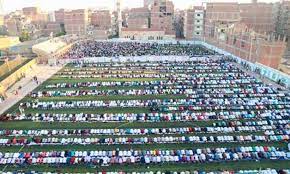


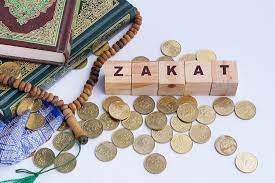
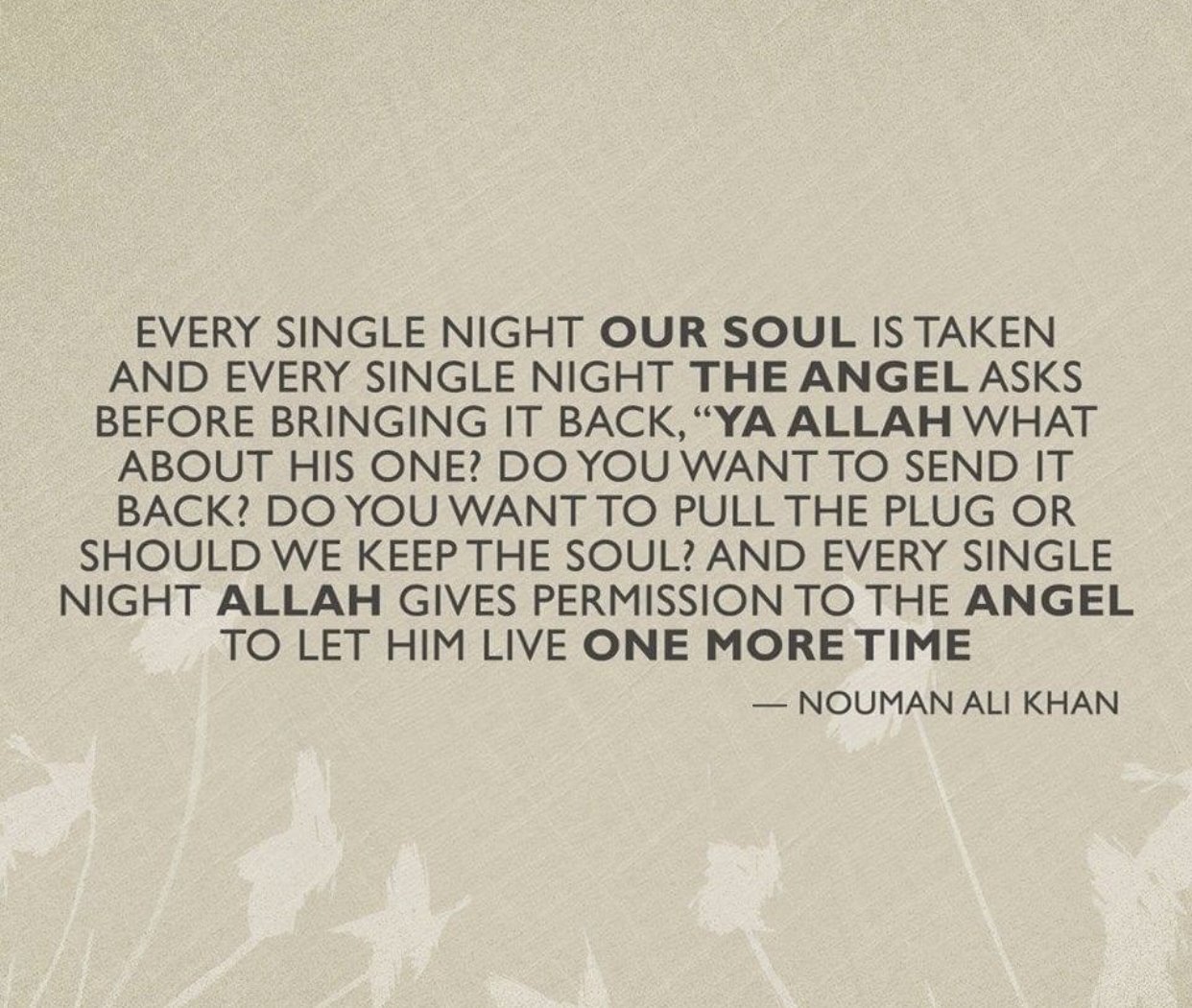


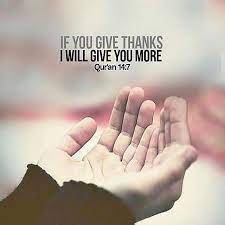


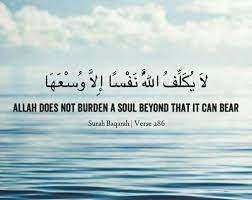
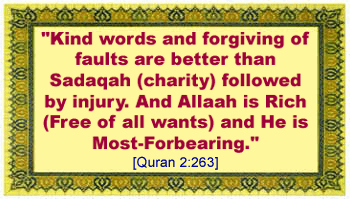
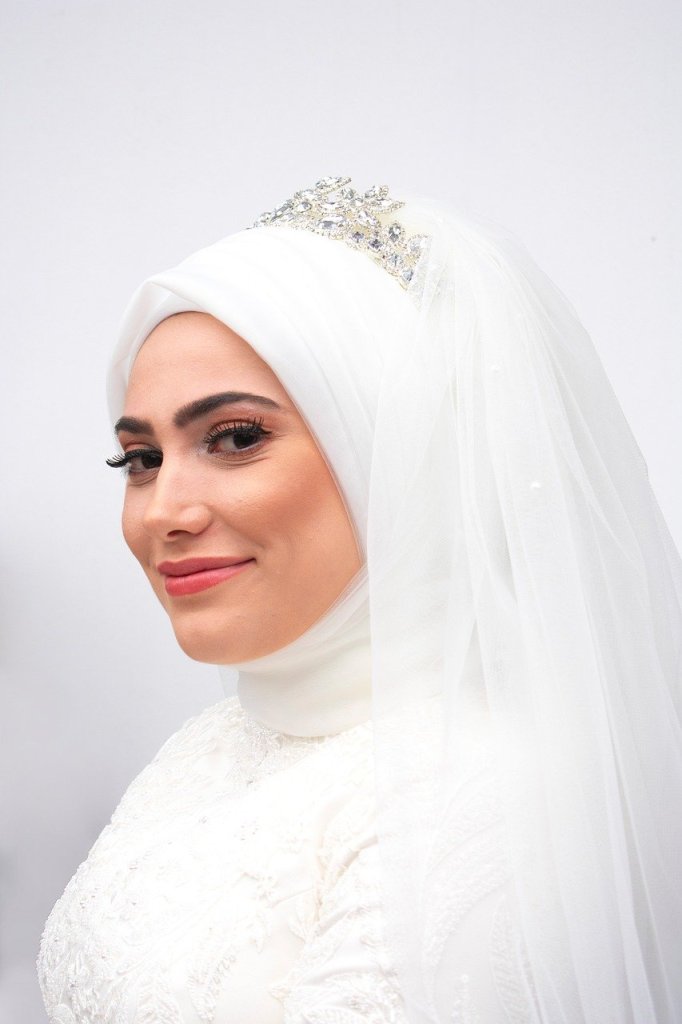
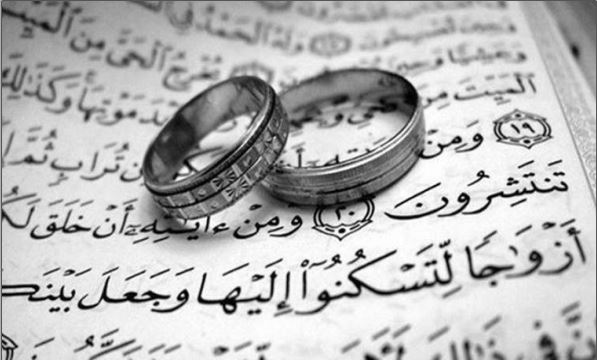
All knowledge, it is said, comes from experience, but does that not mean that the more we experience, the wiser…